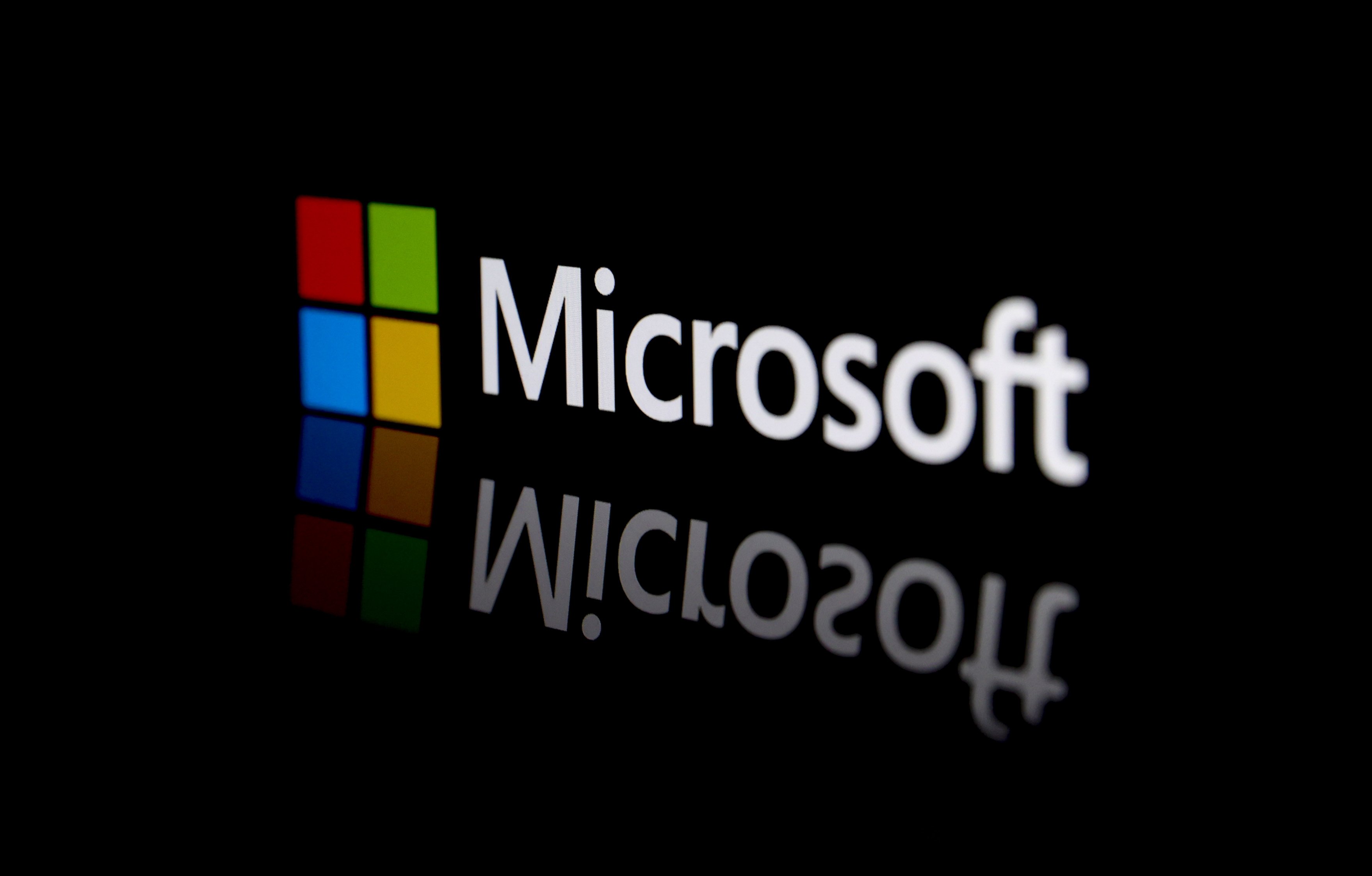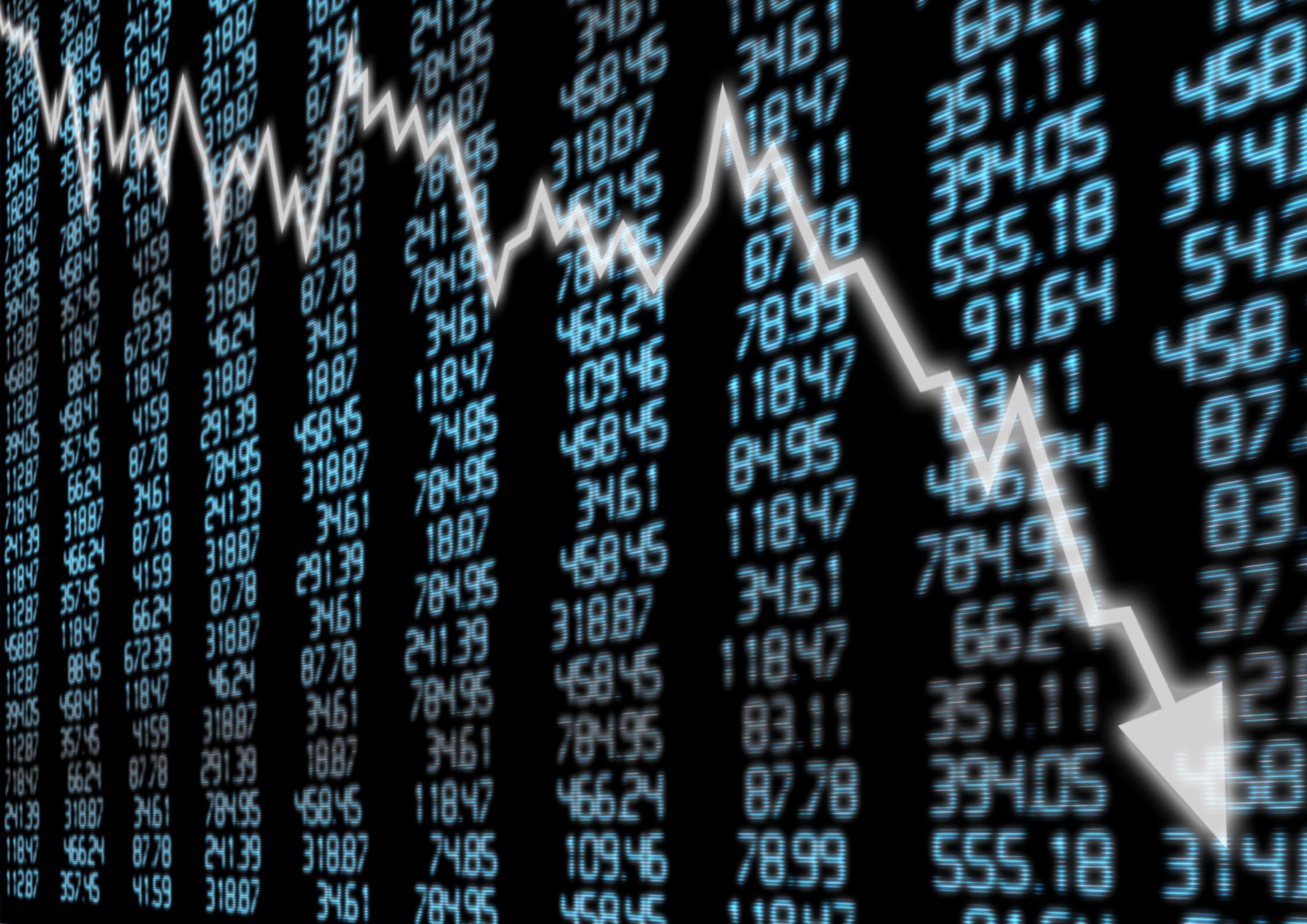Microsoft's (MSFT 0.74%) next-generation Xbox platform is set to hit the market in the fourth quarter of 2020, and the upcoming gaming platform could bring big changes for the gaming industry. It's still too early to state definitively, but most reports seem to indicate that it will be more powerful than Sony's (SNE 0.85%) next-gen PlayStation. What's known about the upcoming Xbox Series X also points to the system being pretty expensive.
Some estimates point to Microsoft's Series X debuting in the $500 to $600 range, and there's a chance that those targets could actually be conservative. Selling a dedicated gaming platform in that price range has historically been an uphill battle, and pricing the console above $600 would likely create some serious obstacles to adoption. Microsoft is serious about building its position in the gaming industry, but there are signs that the company is willing to take the risk of launching the most expensive mainstream console ever. And the tech giant has avenues to make it work.

Image source: Microsoft.
Putting the Series X in context
Microsoft's current high-end Xbox model, the Xbox One X, hit the market with an MSRP of $500 in late 2017, and it may provide a window into where pricing for the Series X launch will wind up. Phil Spencer, the head of the company's gaming division, has stated that the power of the Series X GPU will be twice that of last year's premium Xbox console and that overall processing power will be four times higher than what the company's current high-end console delivers. That doesn't sound cheap.
Even though the company recently cut the price of the One X bundled with a game from $500 to $350, the pricing on the current high-end model points to the next-gen system being quite pricey. The relationship between price and power doesn't necessarily scale linearly (delivering relatively small performance improvements can actually be more expensive in the higher range of performance), but it's not unreasonable to think that the Series X could hit the market at $700 (or higher) if Microsoft's performance guidance proves accurate.
There are niche gaming platforms (such as the 3DO and the Neo Geo) that launched at $700 and above, but none that could be counted as a success. Any price north of $500 could be viewed as too high for a gaming console; systems such as 2006's PlayStation 3 and 2013's Xbox One each had trouble selling at prices north of $400. However, Microsoft may have ways to succeed with its next-gen gaming ambitions even if the Series X debuts at a historically high price.
One way the next-gen Xbox might be more like the iPhone
People who purchase new models of Apple's iPhone hardware often opt to do so through an installment plan or through deals that pair the device with lengthy wireless service contracts from providers like AT&T, Verizon, and T-Mobile. Don't be surprised if Microsoft tries to employ a similar strategy with the Xbox Series X.
Online service packages (such as Xbox Live and PlayStation Network) have been hugely profitable for Microsoft and Sony in the current console cycle, and they're going to be an essential part of the next-gen console business model. With the threat of companies including Alphabet, Amazon, Facebook, and Apple making big pushes in the gaming market, Microsoft may think that a high-powered console gives it the best chance of fulfilling its gaming ambitions. Marketing the system with an installment-and-subscription-focused model could be a way to encourage adoption despite a high price for the stand-alone hardware. The company has already been testing the waters with this kind of approach.
Xbox All Access is Microsoft's current installment-plan service, and it could be a big part of the company's next-gen strategy. For a set monthly rate that varies depending on the hardware that's included, All Access provides an Xbox console, a large library of games through the company's Game Pass subscription, and the Live service needed for online multiplayer.
The All Access plan that includes an Xbox One X (currently Microsoft's strongest console) is priced at $31 per month across 24 monthly payments. Pricing on the plan hasn't been updated to reflect recent bundles and deals on the Xbox One X hardware, but new subscribers currently have the option to upgrade to a plan that includes the next-gen Series X hardware after 12 monthly payments. It's possible Microsoft could make a high price for the Series X hardware palatable by offering potential customers no-money-down installment plans.
Bringing customers into its ecosystem and securing subscription-service revenue is a top priority, and a properly implemented installment model could be a path to success on both of those fronts.
Microsoft may also launch less-expensive next-gen consoles
Since unveiling the Xbox Series X, Microsoft has clarified that its next-gen gaming platform is actually just called "Xbox." Along with other comments, this seems to point to the Series X being one of multiple next-gen console offerings from the company, and rumors had previously suggested that a less expensive, less powerful new Xbox console that doesn't feature a disc drive is in the works.
Microsoft may be willing to take a substantial loss on next-gen Xbox sales at launch in hopes of recouping the loss with game and service package sales, but it's likely that the Series X will wind up launching at a price that looks pretty steep compared to most previous consoles. The tech giant has a keen interest in maintaining a leading role in the gaming industry and is surely aware that high pricing could limit adoption, so look for it to offer multiple purchasing options and hardware models in the next console generation.







